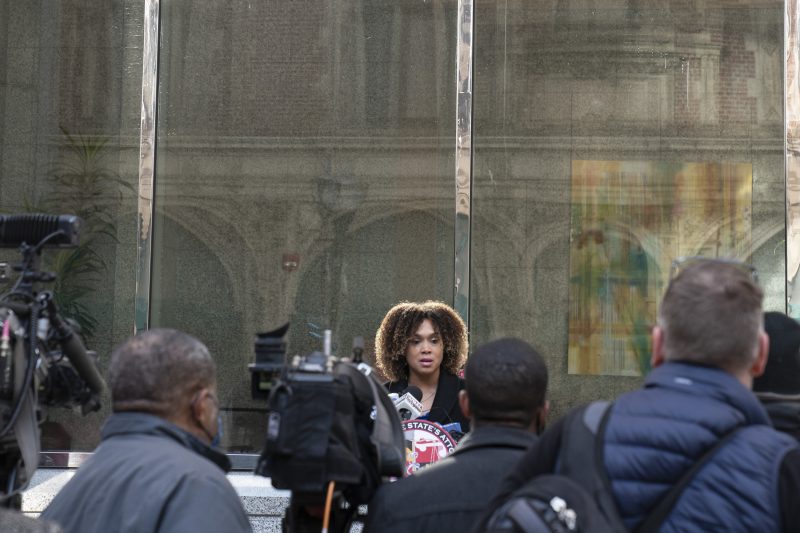In a recent quest for clemency, Marilyn Mosby, the State’s Attorney for Baltimore, has come under scrutiny for allegedly leaving out critical details in her requests. Mosby has made headlines for her push to commute sentences for individuals sentenced to life in prison as juveniles. While her efforts are meant to be commendable, some individuals are raising concerns about the information that she has omitted in her appeals.
One of the main criticisms aimed at Mosby is her selective presentation of facts pertaining to the cases of individuals she is advocating for. Critics argue that by cherry-picking information, Mosby might be painting an incomplete or misleading picture of the individuals seeking clemency. In the pursuit of justice and fairness, transparency and providing a full account of the circumstances surrounding each case are essential.
Additionally, there are questions surrounding the criteria Mosby uses when determining which cases to champion for clemency. Critics suggest that there should be more clarity and consistency in the selection process to ensure that all deserving cases are given equal consideration. Transparency in how cases are chosen for clemency can help alleviate concerns about favoritism or bias in the decision-making process.
Furthermore, there is a debate about the potential impact of Mosby’s clemency efforts on the broader criminal justice system. Advocates argue that showing mercy and providing opportunities for rehabilitation can be beneficial not only for the individuals seeking clemency but also for society as a whole. However, opponents raise concerns about the message it sends regarding accountability and deterrence, especially in cases involving serious crimes.
Another point of discussion is the role of forgiveness and redemption in the criminal justice system. While some believe in second chances and the power of rehabilitation, others emphasize the importance of upholding the rule of law and ensuring that justice is served. Finding the right balance between compassion and accountability is a complex issue that requires careful consideration and a nuanced approach.
In conclusion, Marilyn Mosby’s clemency quest has sparked important conversations about transparency, fairness, and the principles that guide our criminal justice system. While her intentions may be noble, the critiques and concerns raised highlight the need for a thoughtful and inclusive approach to seeking clemency. By addressing the gaps in information, clarifying selection criteria, and balancing mercy with accountability, Mosby can work towards a more just and equitable system for all individuals involved.

